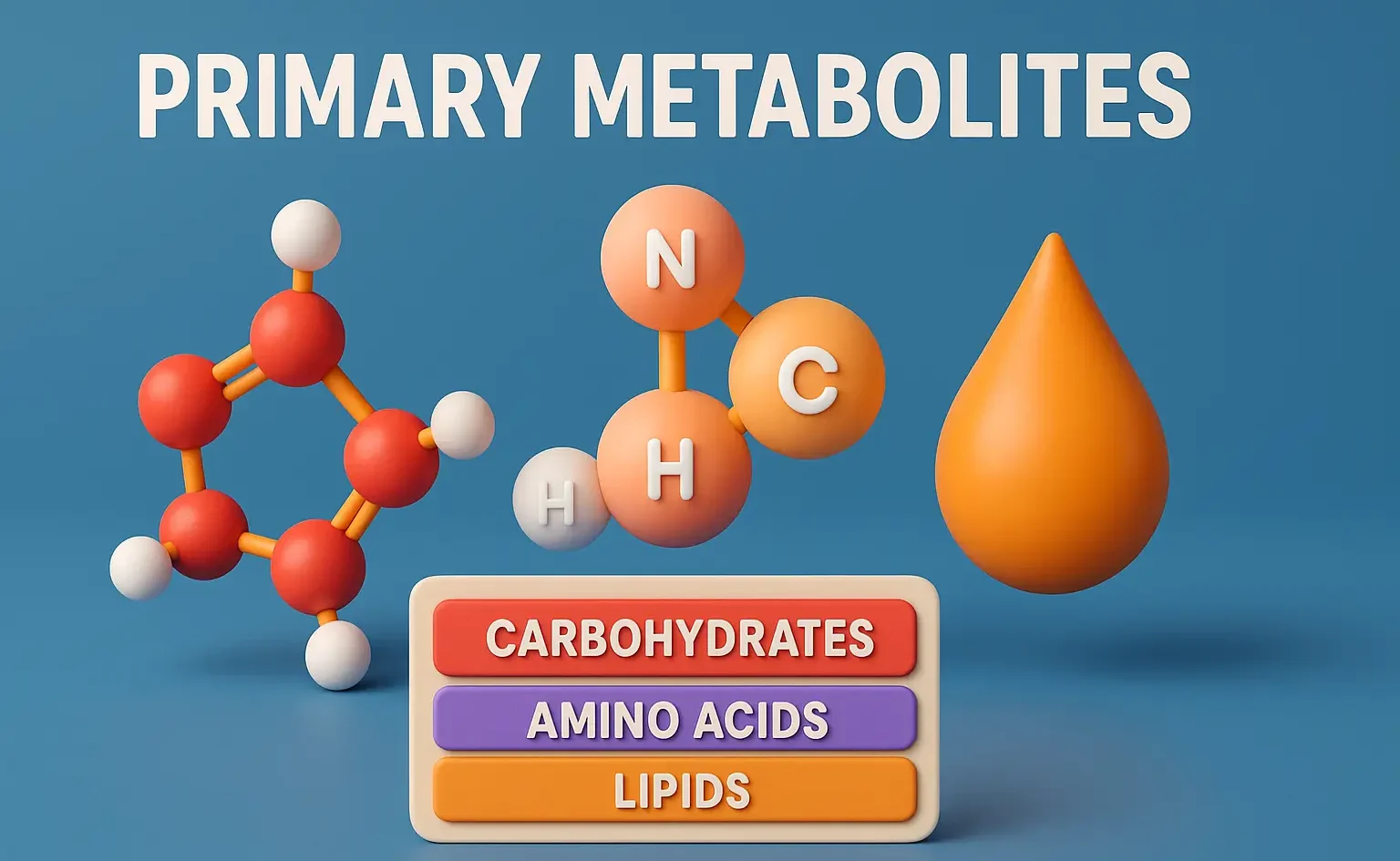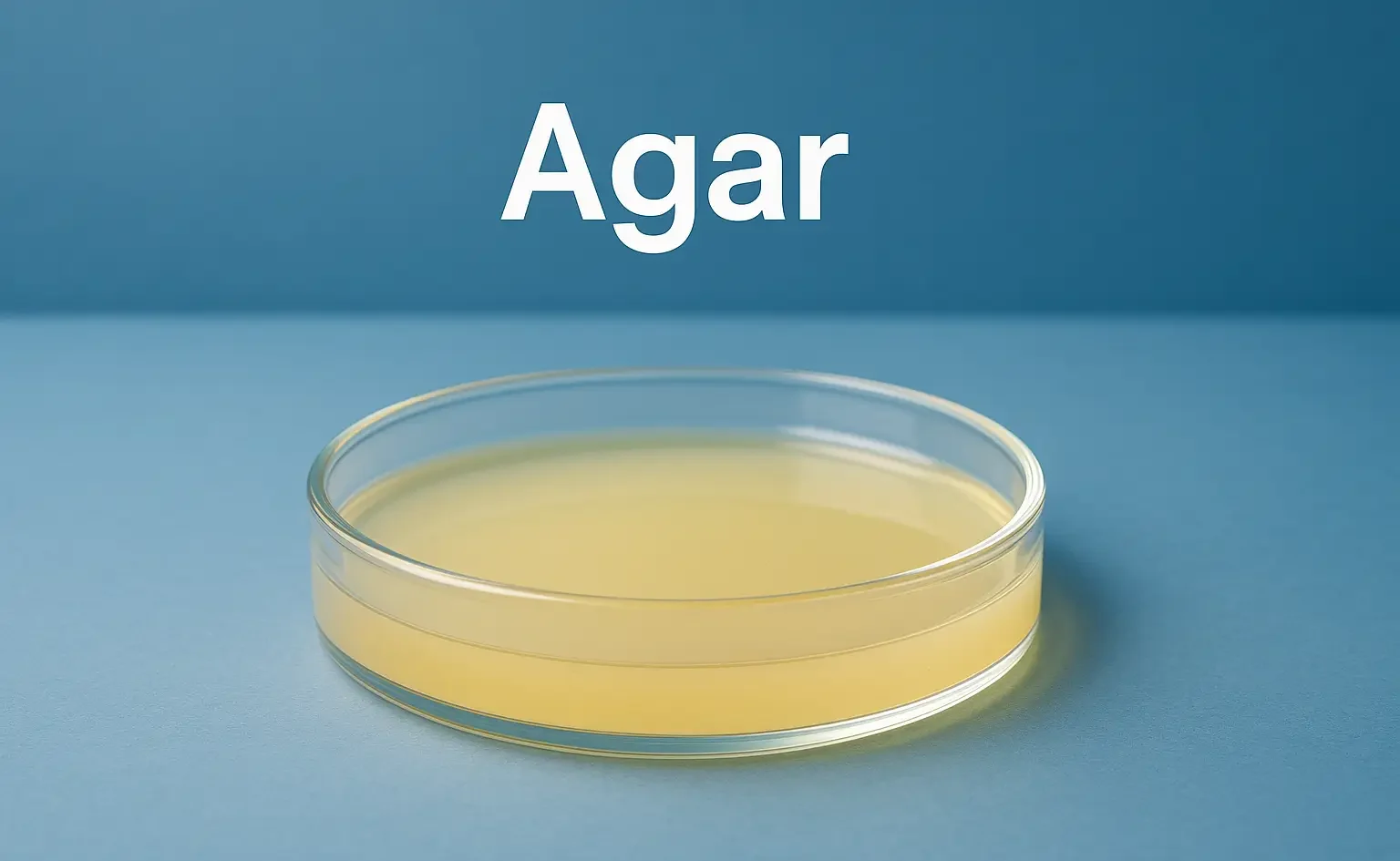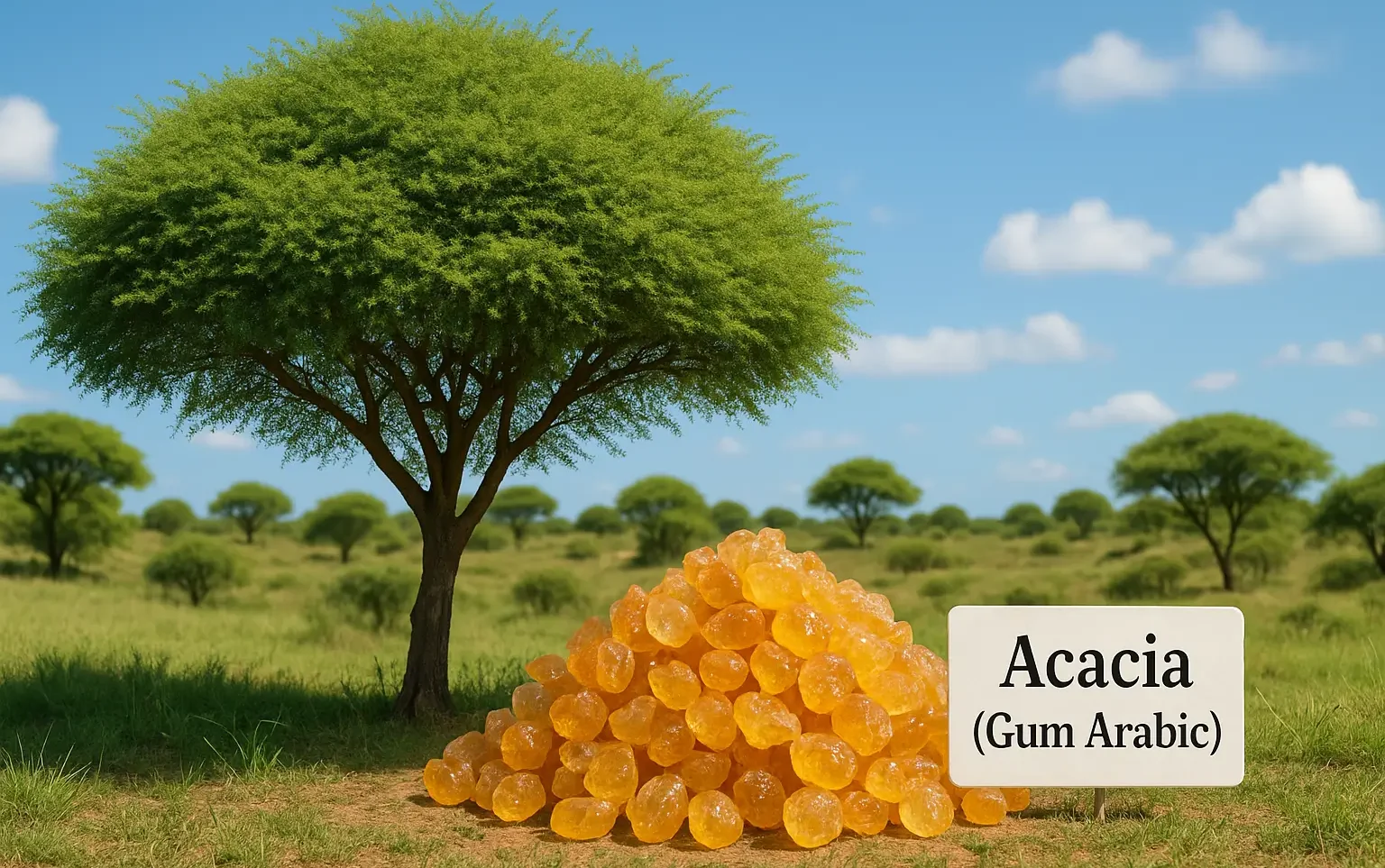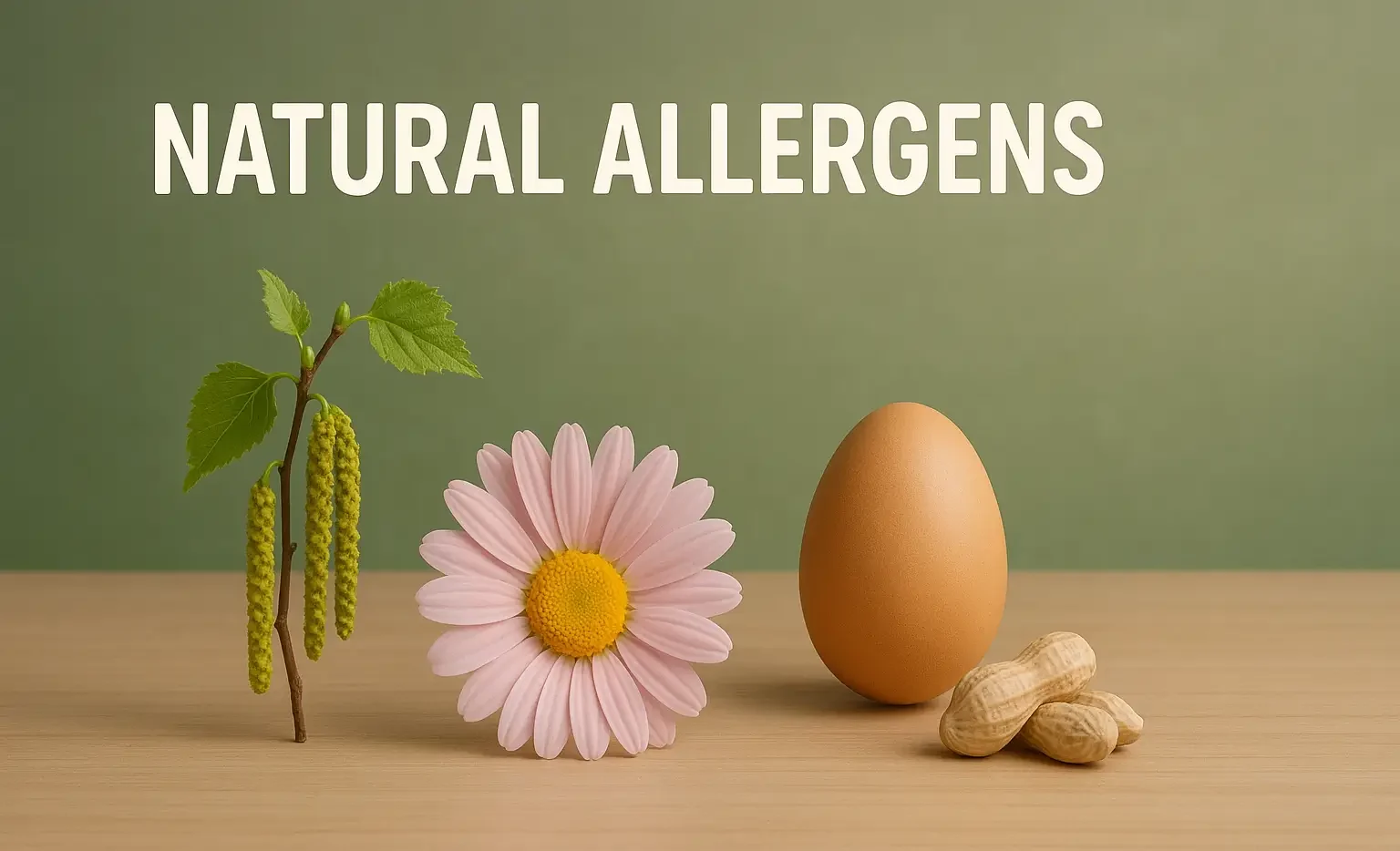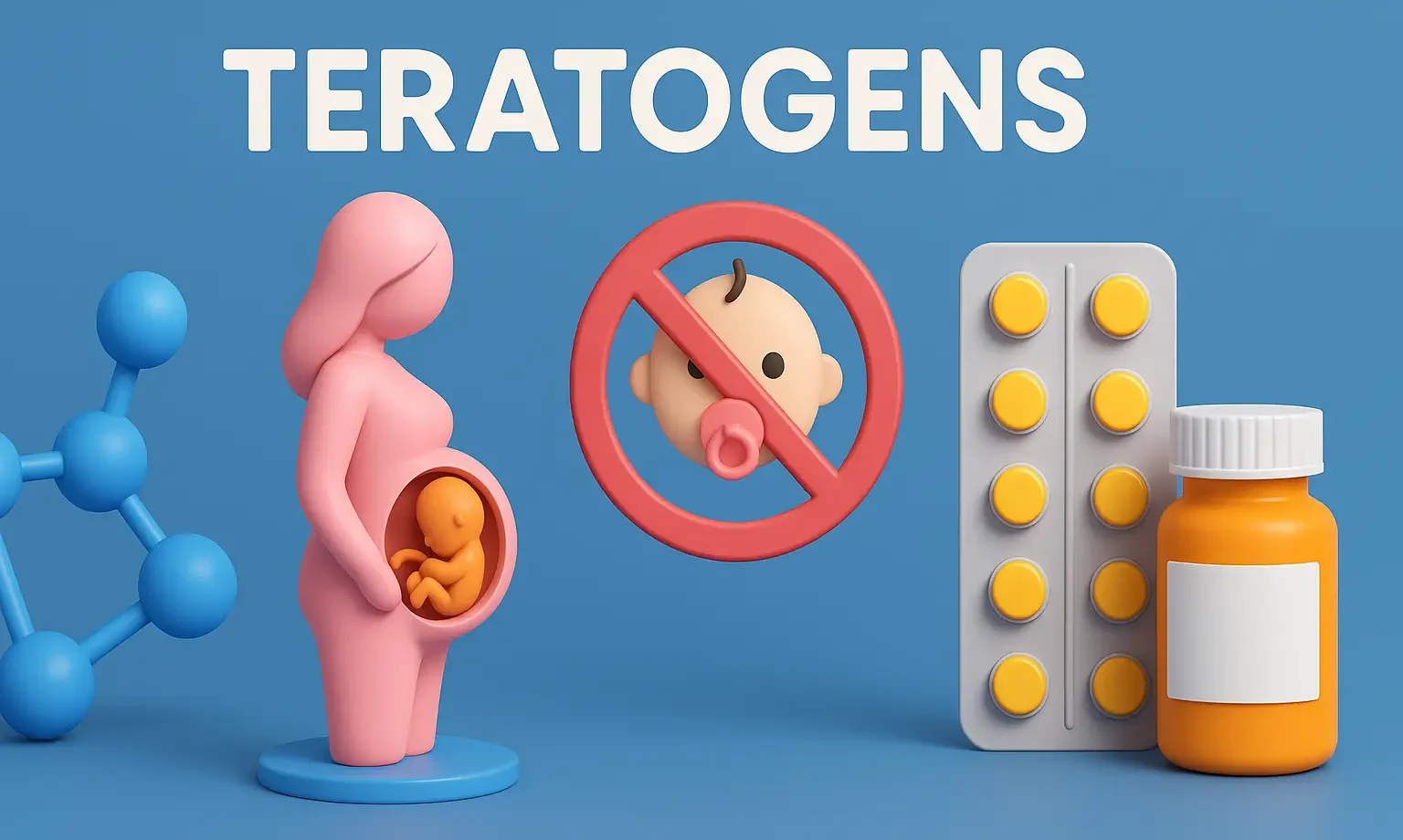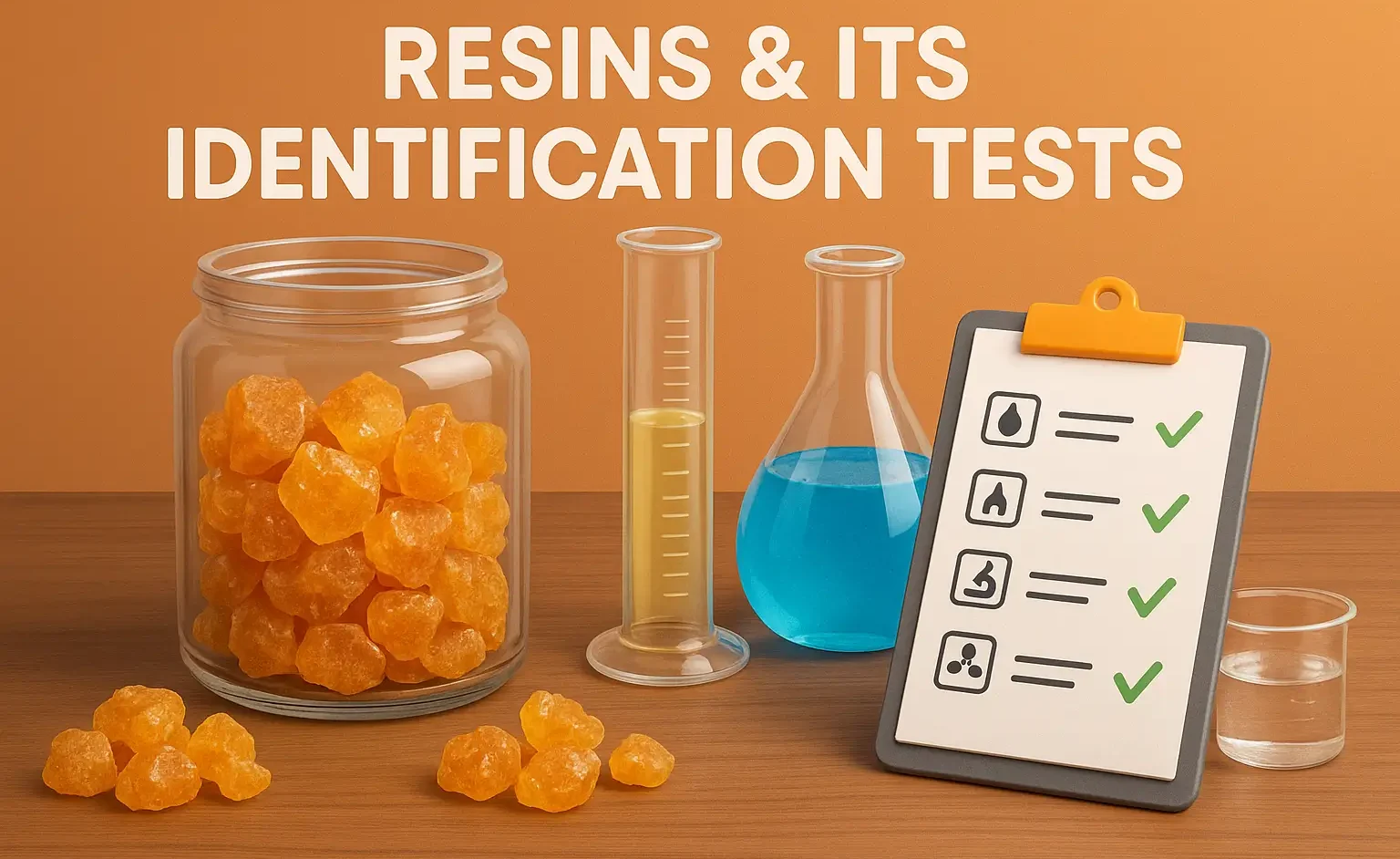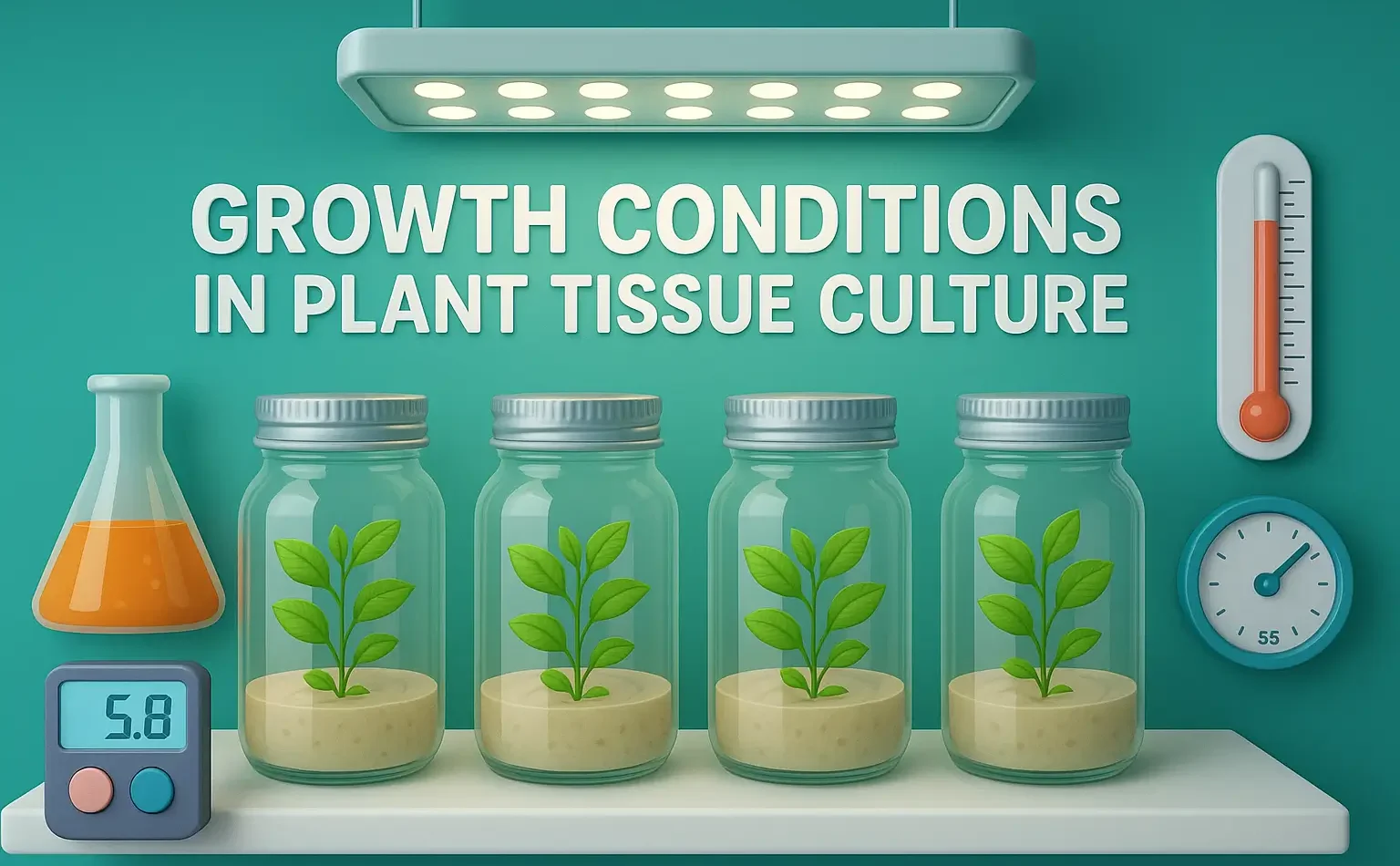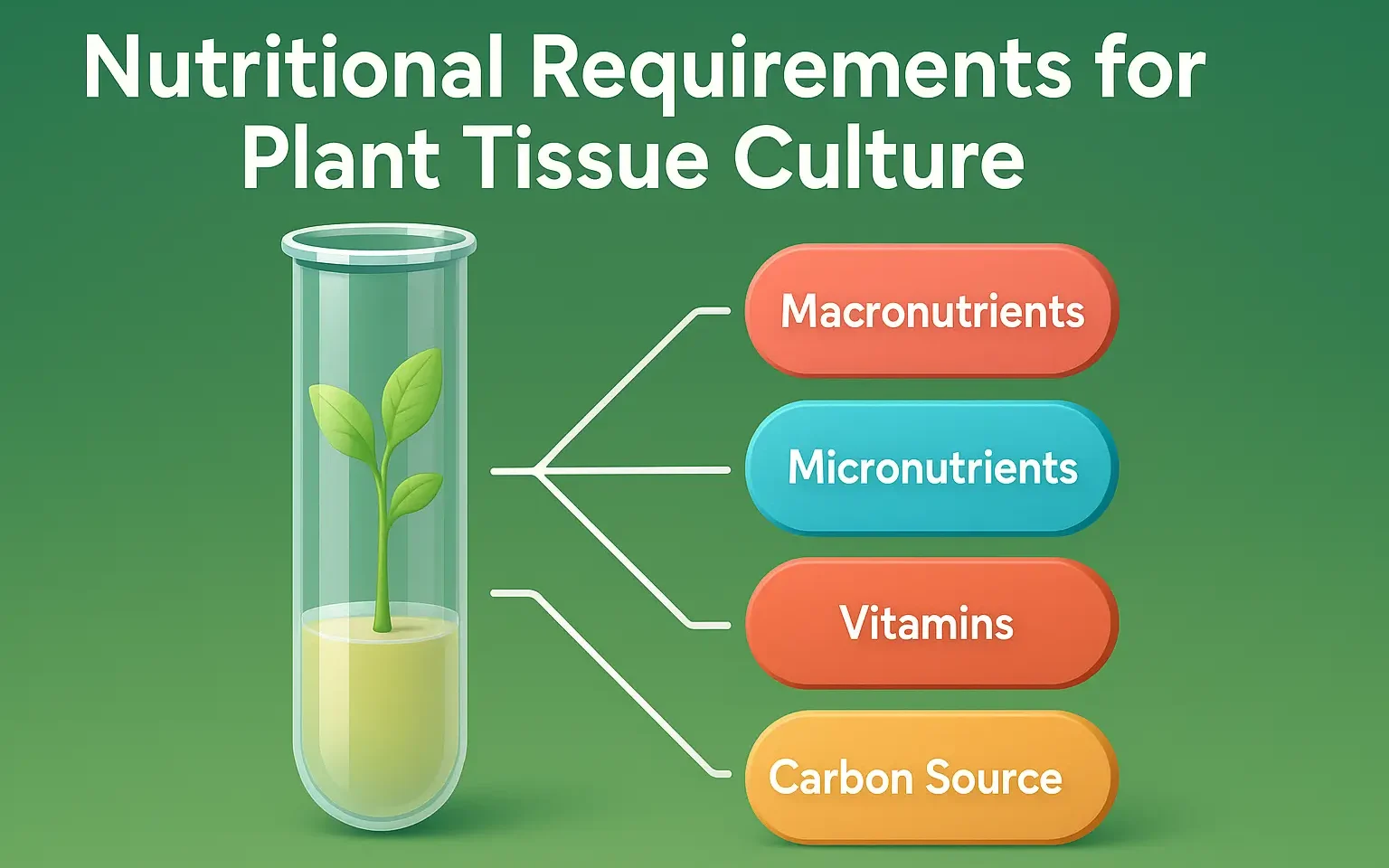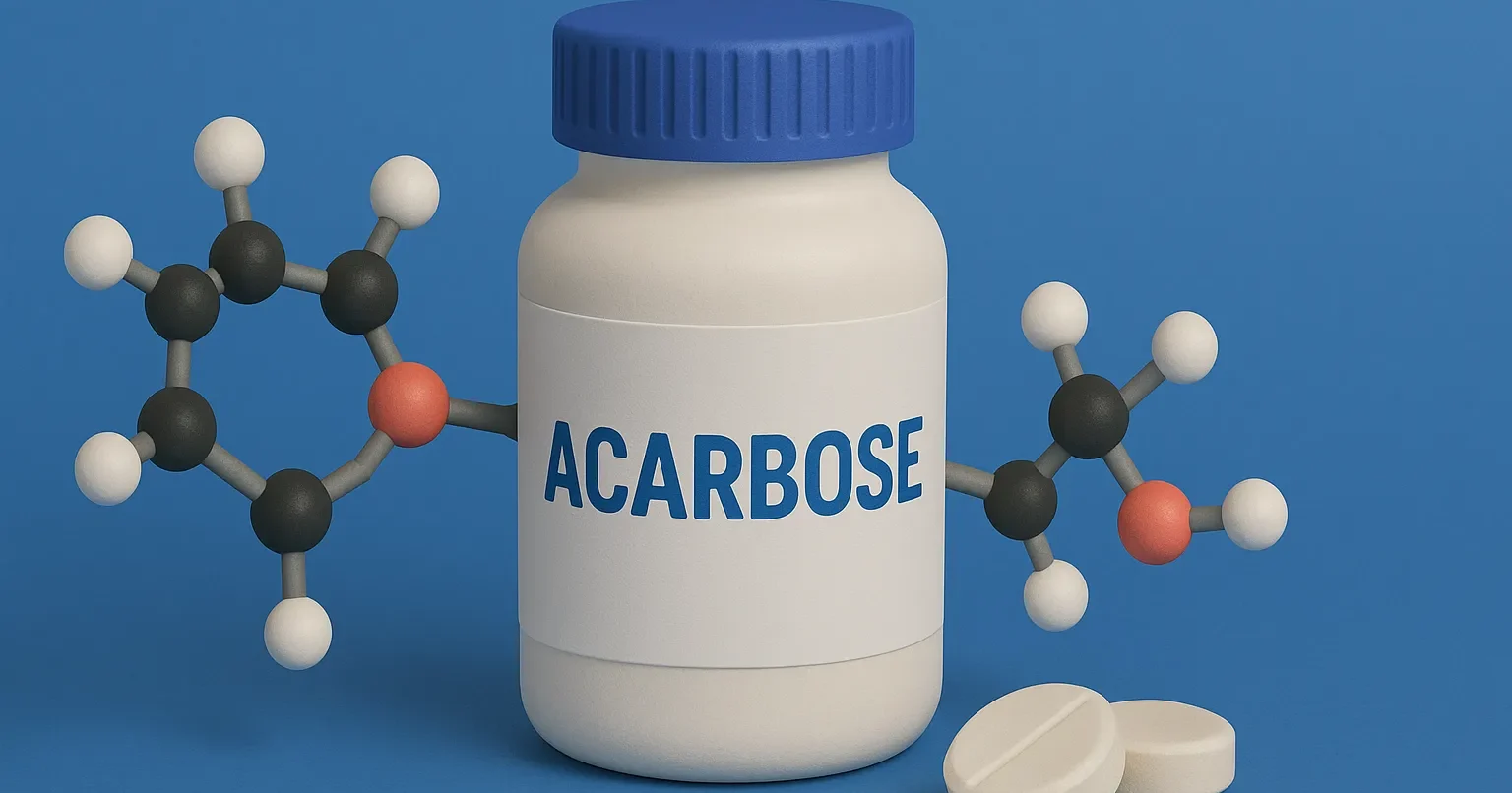Primary Metabolites
Introduction to Primary Metabolites Primary metabolites are essential biochemical compounds required for the growth, development, and normal functioning of living organisms. Many Primary Metabolites have pharmaceutical and industrial applications. Unlike secondary metabolites, they are universally present and play a key role in metabolism, energy production, and cellular processes. Characteristics Essential for survival and metabolism. Continuously … Read more

